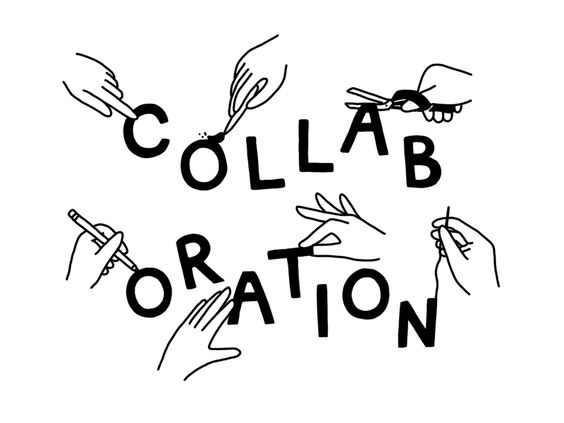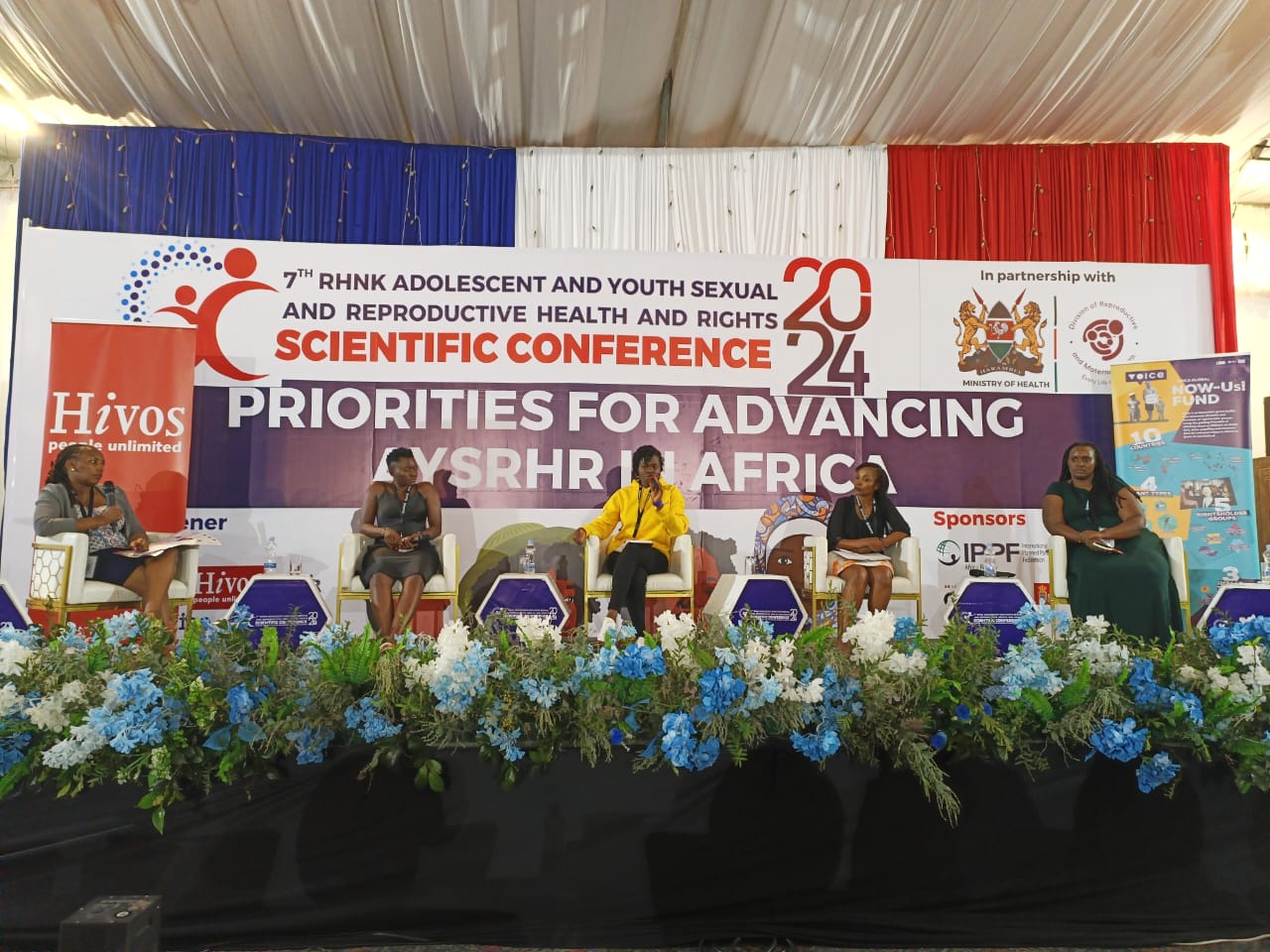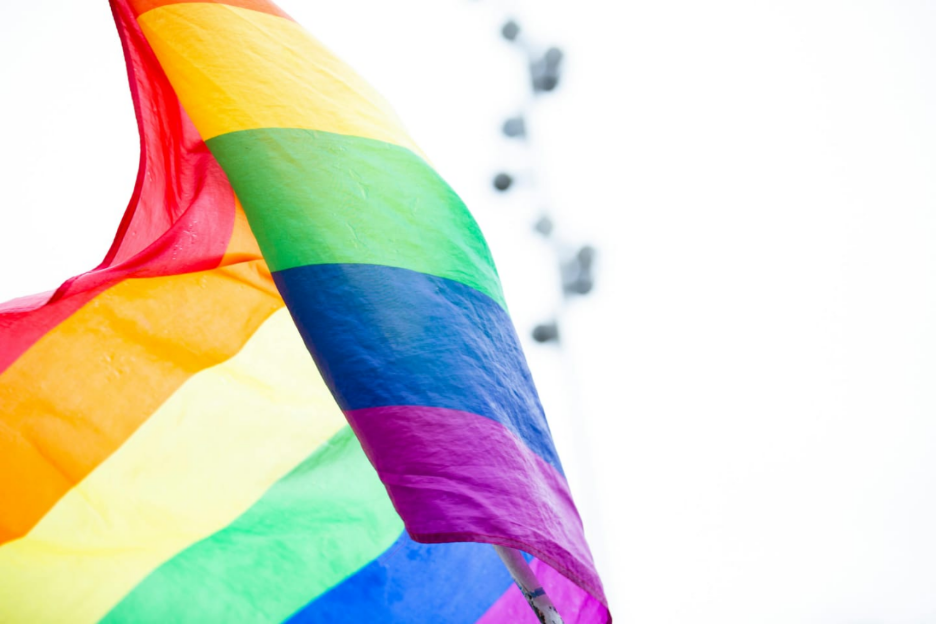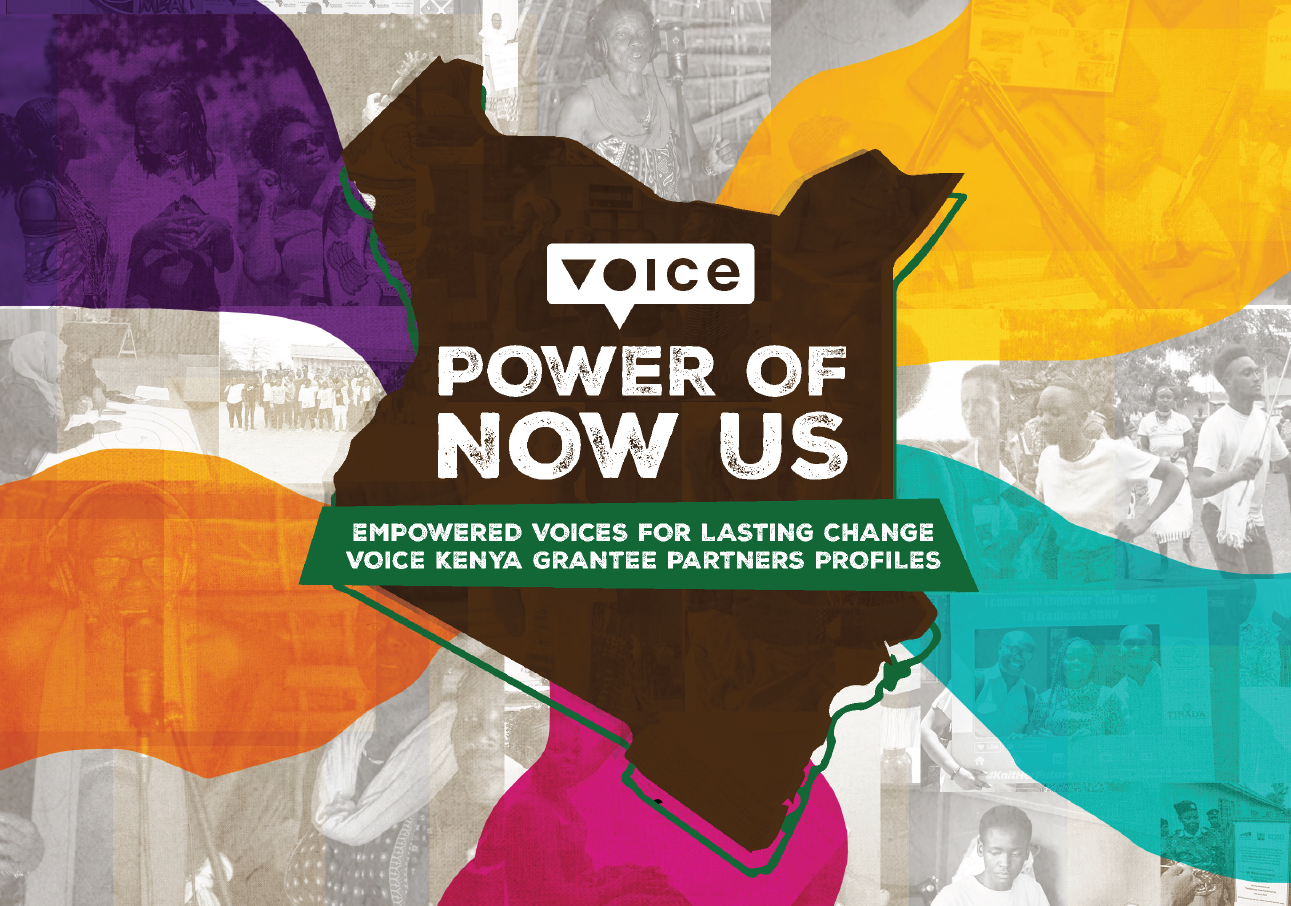Digital innovation should be accessible to all
By: Wendy Otieno, Linking and Learning Amplifier in Kenya
The world is continuously growing as a global village, and more than half the population has access to the internet which affects most areas of our lives. Having proper skills and access to tools will create sustainable ways that ensure positive value is created. By so doing, we will be creating progressive solutions with the aim of attaining sustainable development goal (SDG) 11, sustainable cities, and communities.
As the world is focusing its attention on a call for social justice in the digital economy there is need to effectively ensure that the digital space provides an equal playing field for all. It’s important to highlight that there are different regions across the world that do not have similar advantages. The COVID-19 pandemic has directed attention to this divide.
In Kenya, and across the globe, addressing these inequalities, during and, especially, after the virus is an opportune move by Governments to champion their citizen’s rights. Containment measures taken during the COVID-19 pandemic highlighted how interconnected all forms of work are and the need to ensure that digital tools are accessible thus driving the country’s digital economy.
The economic state of the nation serves as a guide on policies that need to be enacted that would lead to societal and economic transformation. According to the 2021 Digital Economy Report by United Nations Conference on Trade and Development (UNCTAD), there were 155 internet shutdowns documented. In a country like Kenya which has a population of around 54 million, internet penetration is only at 40 percent as of January 2021 with urban areas having more access to digital services as compared to individuals in rural areas. Simple measures such as having different packages of affordable and high-quality broadband connectivity that can be afforded by all is a step in realising this growth.
This highlight of digital inequality pre-empts the need to have an important conversation; whilst the usage of digital platforms is increasing, there is still no accurate data to show how the most socially disadvantaged or marginalised communities are effectively using these tools to their advantage and empowerment. Majority of the ICT reports done focus on the age, sex, county, and level of education, which leaves out factors such as identifying ethnicity and statelessness of individuals who without having identification documents would not have access to digital tools let alone be part of driving the digital economy.
The 2021 Dalberg study: Kenyans digital economy, recommended that having solutions that are customised to the needs of citizens will be the first step to ensure that excluded groups are able to utilise digital services beyond using the basic mobile money services.
As civil society, there is the innate need to ensure that rightsholders are given a seat at the digital innovation table where diversity of opinions and experiences are shared by applying an intersectional lens to some of the realities. This will certainly ensure underrepresented voices are meaningfully included in facilitating diversity and inclusion in digital innovation critical in sustainable democracies.
There is need to create opportunities that have a strong digital foundation to scale up digital literacy skills in Kenya. When introduced from the primary school level and harnessing opportunities presented by the new competency-based curriculum education system, we will be one step towards realizing SDG 1; no poverty.
While increasingly the use of Artificial Intelligence (AI) and blockchain innovations have been criticised for breaching the right to data privacy, they can be used responsibly to fuel systemic change at the grassroots level particularly in empowering vulnerable groups and bridging the digital divide.
Voice is championing community-driven AI to empower communities to take up action in creating vibrant democracies. An example is the Chepkitale Indigenous People Development Project (CIPDP) (funded by the Innovative and Learn grant), which is using Geographic Information System (GIS) mapping to empower the Ogiek indigenous community in overcoming land rights issues. Learning from this project can additionally be used to enrich the climate change debate by including the voices of rightsholders..
As we focus on social justice in the digital economy we need to ensure that most if not everyone have equal access and skills in using digital tools. This will collectively drive the digital economy and as a result, reduce poverty.








